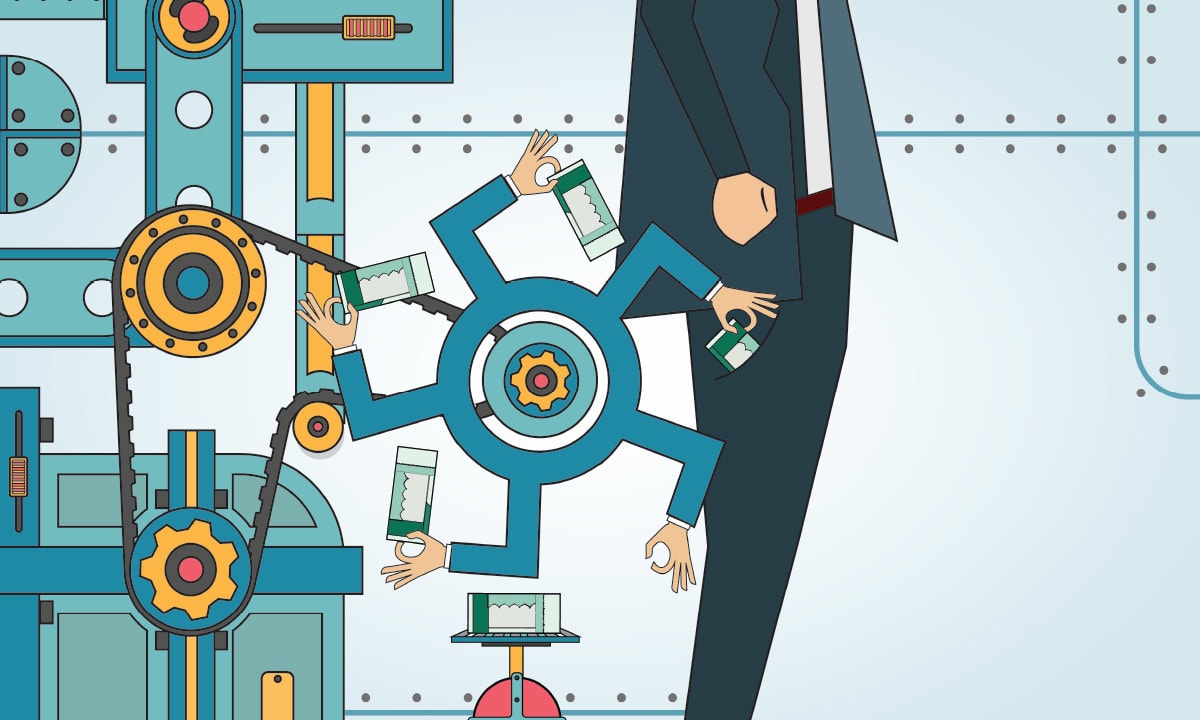The Supreme Court, while hearing a case of sectarian violence, took notice of objectionable content on social media and YouTube and hinted at shutting down YouTube in Pakistan.
A three-member bench of the Supreme Court headed by Justice Mushir Alam on Wednesday heard the bail plea of accused Shaukat Ali in a case of sectarian violence.
According to reports, during the hearing of arguments by the petitioner’s lawyer, when mention was made of alleged promotion of sectarian violence on social media, Justice Qazi Amin, who was present in the bench, remarked that the court’s performance and the people have the right to speak on decisions and they can criticize these decisions while remaining within the realm of civilization. He said that judges are also paid from the taxes of the people. He said the court had no problem with freedom of expression.
Justice Qazi Amin remarked that it is now a new tradition that not only judicial decisions are unjustifiably criticized on social media but also the families of judges are not spared on YouTube and social media.
He said that judges are embarrassed in the guise of court decisions. Justice Qazi Amin remarked that people are incited against the army, judiciary and government on social media. Justice Qazi Amin remarked that the court was showing restraint but it has to end sooner or later.
Justice Mushir Alam, who presided over the bench, remarked that the Federal Investigation Agency (FIA) and the Pakistan Telecommunications Authority (PTA) had seen what was happening on YouTube? He asked PTA officials if any practical steps had been taken to regulate YouTube and social media.
The PTA official told the court that his agency could identify any such material but did not have the authority to act on it. The head of the bench remarked that in many countries YouTube is blocked and in many countries social media is regulated under local laws. He said that the content against the United States and the European cannot be posted on YouTube. The Supreme Court has issued notices to the Foreign Ministry and the Attorney General in this regard.
Reaction on Social Media
The hashtag YouTube Ban has been trending in Pakistan since the news broke.
Ahmar Naqvi, a Twitter user, said it was painfully clear that those running Pakistan had no idea how the digital world works. “Banning something like YouTube cuts off access to global culture, affects every aspect of the digital economy.”
Federal Minister for Science and Technology Chaudhry Fawad Hussain said that the courts and the PTA should refrain from becoming guardians of moral values through sanctions. Such restrictions on Internet apps will cause permanent damage to Pakistan’s technology industry and its development. Right now we are not out of trouble and the reason is the interference in economic affairs based on the misunderstanding of the judges.
Talking about the ban on YouTube, Fareeha Aziz, who is also affiliated with Bolo, an organization that raises voice for digital rights in Pakistan, writes: They have returned to the same point. It is reminiscent of 2012-2014. Looks like we never learn.
Digital rights activist Osama Khilji wrote that “the esteemed Supreme Court of Pakistan should take into account what Senator Aitzaz Ahsan said about the ban on YouTube in 2012.” Reiterating Aitzaz Ahsan’s statement, Osama Khilji said, “The ban on YouTube because of some objectionable videos is like burning the whole library because of a few books that you don’t like.”
Ahsan Hayat said that in the past the ban on YouTube had damaged Pakistan’s digital world so much that “we are still trying to cope with it”.








